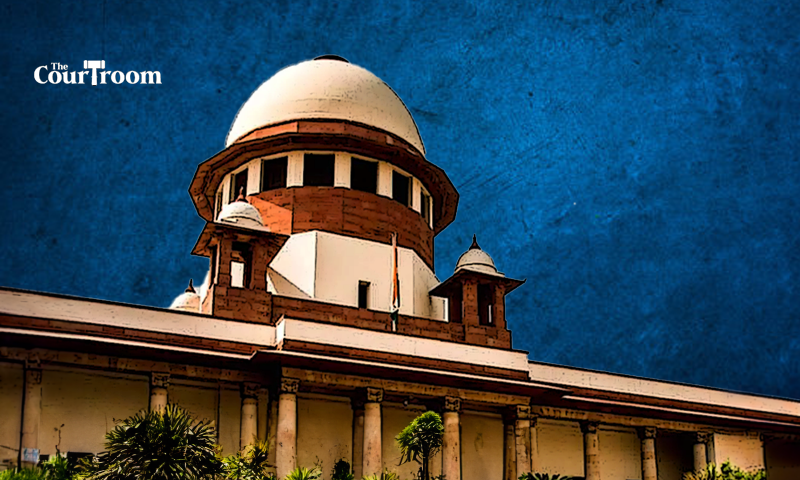PIL Urges Supreme Court to Allow Three-Year Law Courses After School
Advocate’s Plea Challenges Current Five-Year Duration
A public interest litigation (PIL) has been filed before the Supreme Court, advocating for students to have the option to pursue three-year law courses directly after completing school. Bharatiya Janata Party (BJP) leader and Advocate Ashwini Upadhyay has petitioned the Central government and the Bar Council of India (BCI) to establish an Expert Committee to evaluate the feasibility of implementing three-year LL.B. programs after school.
“Students can easily study 15-20 subjects in 03 years i.e. 06 semesters. Therefore, the present duration of 05 years i.e. 10 semesters for Bachelor of Law Course is unreasonable and the inordinate duration is arbitrary and irrational and hence violates Articles 14 and 21 of the Constitution,” asserts Upadhyay in the PIL.
Upadhyay contends that the current five-year courses are not suitable for children, citing excessive financial burden and the disproportionate length of the program.
“5 precious years is not proportional to study Law… If there had been less time of 03 years for finishing the bachelor degree, the student could have gotten 02 undisturbed years to obtain practical knowledge in Court or Law Firm or to pursue Master degree or to prepare for judicial exam,” he emphasizes.
Also read: Top Law Schools in the World in 2024
The plea draws parallels to renowned jurists Fali S Nariman and Ram Jethmalani to advocate for allowing students to commence their advocacy careers by the age of 21. “If a person can become a legend of the bar by starting their law career in just 17 years, then why should the youth waste 02 additional years of their life in the 05 years integrated course and not start their career from a young age of 20-21 years?” questions Upadhyay.
Furthermore, Upadhyay argues against the influence of expensive colleges in dictating the length of the course, highlighting the discrepancy between requirements for legal and civil service careers.
“Students don’t need a Bachelor of Arts to gain preliminary knowledge or law… A student can become an IAS Officer after a simple graduation and attaining 21 years but for becoming a lawyer, he has to complete 05 years course after 12th standard, which is irrational,” he contends.
The PIL, filed through Advocate Ashwani Kumar Dubey, also seeks direction for the Central government, the Bar Council of India, and the Consortium of the National Law Universities to develop a comprehensive strategy to attract top talent to the legal profession.
Share your news, articles, deals, columns, or press releases with us! Click the link to submit and join our platform today.


